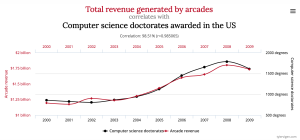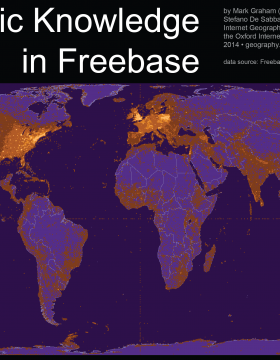Feminist Frequency has posted an excellent Speak Up & Stay Safe(r): A Guide to Protecting Yourself From Online Harassment. This is clearly written and thorough discussion of how to protect yourself better from the sorts of harassment Anita Sarkeesian has documented in blog entries like Harassment Through Impersonation: The Creation of a Cyber Mob.
As the title suggests the guide doesn’t guarantee complete protection – all you can do is get better at it. The guide is also clear that it is not for protection against government surveillance. For those worried about government harassment they provide links to other resources like the Workbook on Security.
In her blog entry announcing the guide, Anita Sarkeesian explains the need for this guide thus and costs of harassment thus:
Speak Up & Stay Safe(r): A Guide to Protecting Yourself From Online Harassment was made necessary by the failure of social media services to adequately prevent and deal with the hateful targeting of their more marginalized users. As this guide details, forcing individual victims or potential targets to shoulder the costs of digital security amounts to a disproportionate tax of in time, money, and emotional labor. It is a tax that is levied disproportionately against women, people of color, queer and trans people and other oppressed groups for daring to express an opinion in public.
How did we get to this point? What happened to the dreams of internet democracy and open discourse? What does it say about our society that such harassment has become commonplace? What can we do about it?




